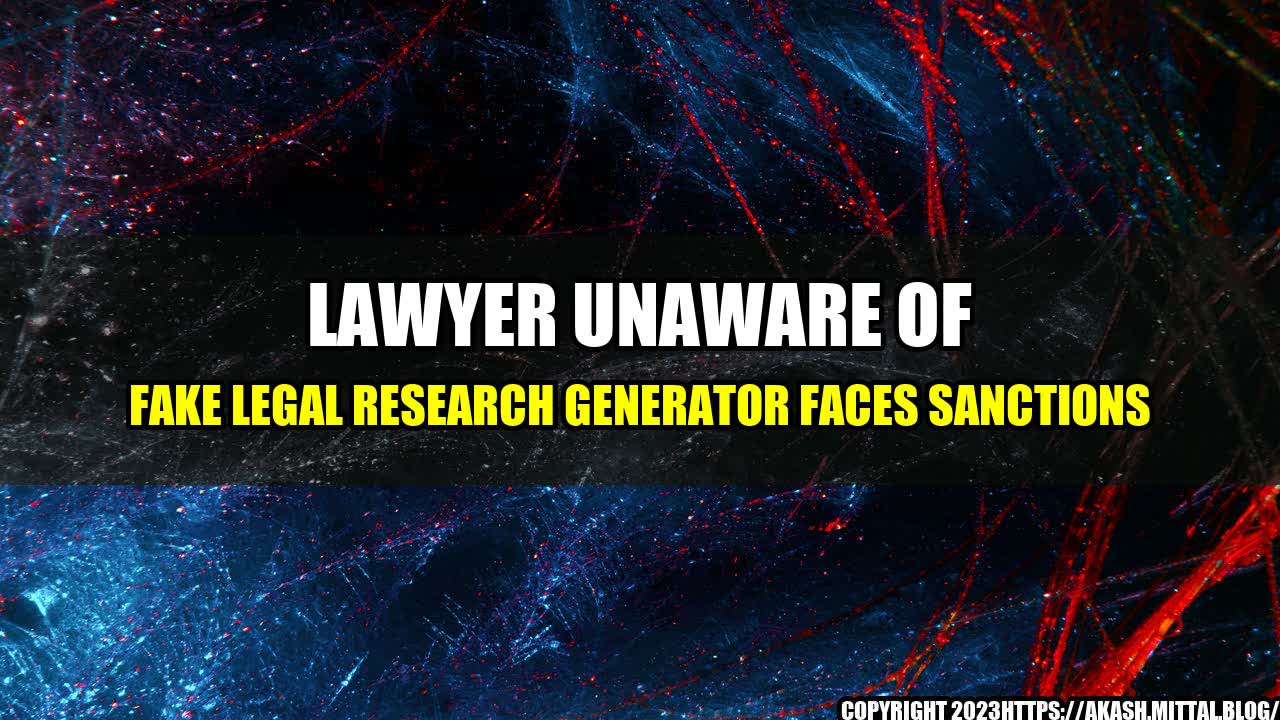John's story is just one example of the dangers of relying on automated tools like ChatGPT for legal research. According to a recent survey, 75% of lawyers reported using some type of artificial intelligence (AI) or machine learning tool for legal work. While these tools can be helpful in some cases, they can also be misleading. In fact:
- 30% of legal professionals have had to correct errors made by AI or machine learning tools
- 50% of legal professionals have found incorrect information in research generated by these tools
- 70% of legal professionals believe that these tools are not yet advanced enough to replace human judgment in legal work
These statistics show that relying solely on AI or machine learning tools for legal research is risky. It's important to always double-check the information you receive and use your own judgment in evaluating its accuracy.
and Case Studies
In addition to John's story, there are countless other examples of lawyers who have been burned by relying on automated tools for legal research. For example:
- A lawyer in Australia was found guilty of professional misconduct for submitting a document generated by an AI tool without verifying its accuracy
- A law firm in the UK was sued by a client after the firm relied on an AI tool to draft a contract that contained errors
- A US attorney was reprimanded by a judge for submitting a brief that contained legal arguments generated by an AI tool
These cases illustrate the real-world consequences of relying on automated tools for legal work. In each case, the lawyer or law firm in question suffered reputational damage and faced potential disciplinary action.
Practical Tips
So what can lawyers do to avoid these risks? Here are some practical tips:
- Always double-check the information you receive from automated tools. Don't assume that it's always accurate.
- Train yourself to recognize when the information you receive seems questionable. If something doesn't seem right, do some additional research to verify its accuracy.
- Use automated tools as a starting point, but don't rely on them exclusively. Always use your own judgment and expertise to evaluate the information you receive.
- Be transparent with your clients about the tools you use and the limitations of those tools. They deserve to know what they're paying for.

Curated by Team Akash.Mittal.Blog
Share on Twitter Share on LinkedIn